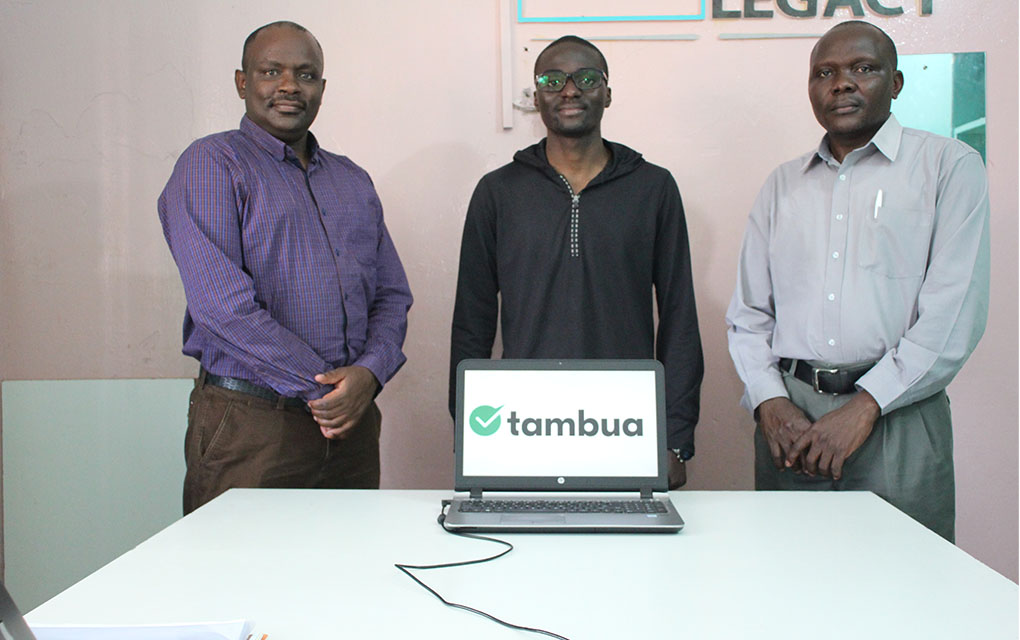
The World Health Organization (WHO) approximate that 10% of the Global pharmaceutical market consists of counterfeit drugs, but this estimate increases to 25% for developing countries and may exceed 50% in certain countries.
The substandard or falsified medical products are deemed to be responsible for thousands of deaths globally and are a threat to the growth of the manufacturing sector, as their negative impacts on human health are profound.
With the mushrooming of unregulated chemists, which are the major centres of trade for these illicit drugs, compounded by poverty which drives consumers to purchase the cheapest goods and services on offer, counterfeit drugs business is thriving, albeit under the radar of the regulatory bodies, hence affecting the country’s GDP and the Human capital.
Even though the World Health body requires governments to establish strong national medicine regulatory authorities with the capacity to exert effective market control through proper monitoring and surveillance, some of the illicit suppliers within this sector are devising more cunning ways to ensure their counterfeit drugs reach the market.
A Kenyan mobile based application known as Tambua Solutions is however helping consumers verify the authenticity of drugs at the point of purchase. The app has a barcode scanner that the consumers use to scan the drug they have purchased, thereby enabling them to get the expiry date and manufacturing details of the drug.
Levitt Nudi, the developer of the app says that their aim is to ensure pharmaceutical outlets sell genuine products to consumers as medicines are very critical, and more than just commodities, adding that they got the chance to partner with the Pharmacy and Poisons Board (PPB) – the Kenyan drug regulatory authority.
“Our main aim was to ensure Pharmacies sell genuine drugs and we partnered with the Pharmacy and Poisons board to help them fight counterfeits. We also partnered with GSI Pharma who provided us with information on pharmaceutical outlets all over the country.”
The innovation was recognized by President Uhuru Kenyatta during the 2020 International Youth Day for their efforts in helping patients verify authenticity of pharmaceutical products, thus protecting citizens from purchasing counterfeit drugs.
The innovation was admitted into the Leaders in Innovation Fellowship (LIF) programme (2018/2019) run by the Kenya National Innovation Agency (KeNIA), in partnership with the London based Royal Academy of Engineers and Nudi says the programme was an eye opener to them.
“We joined the programme with only the prototype of our product but after two months of training, we launched a viable product. This is all thanks to the training and mentorship we received. With the support from KeNIA, we conducted market sensitization and were able to reach about 40,000 consumers.”
The innovation has its headquarters in the western city of Kisumu and has also introduced a contactless payment system dubbed Tambua pay that targets merchants in Kisumu and Nairobi; currently they have two merchants using Tambua pay on their e-commerce and mobile app platforms.
“We are striving to learn the ever changing needs of our consumers and through innovation we’ll be able to meet their needs. Our projection is that we’ll get 100 merchants in the next one year,” says Nudi.
On April 16, 2021 the PPB drug inspectors jointly with the Judiciary, DCI and the ODPP supervised the destruction of 346.3 kilograms of assorted pharmaceuticals valued at Kshs.32,3 million through incineration.
Kenya is among countries that have been battling illegal trade in pharmaceutical products, with the Pharmacy and Poisons Board putting measures in place to ensure the safety of consumers. PPB has stepped up the fight against substandard, falsely labelled and falsified drugs to protect consumers from the dangers posed. It has an elaborate drug registration system that ensures that only safe, quality and efficacious products are registered and innovations such as Tambua Solutions are critical in helping the country overcome this vice.